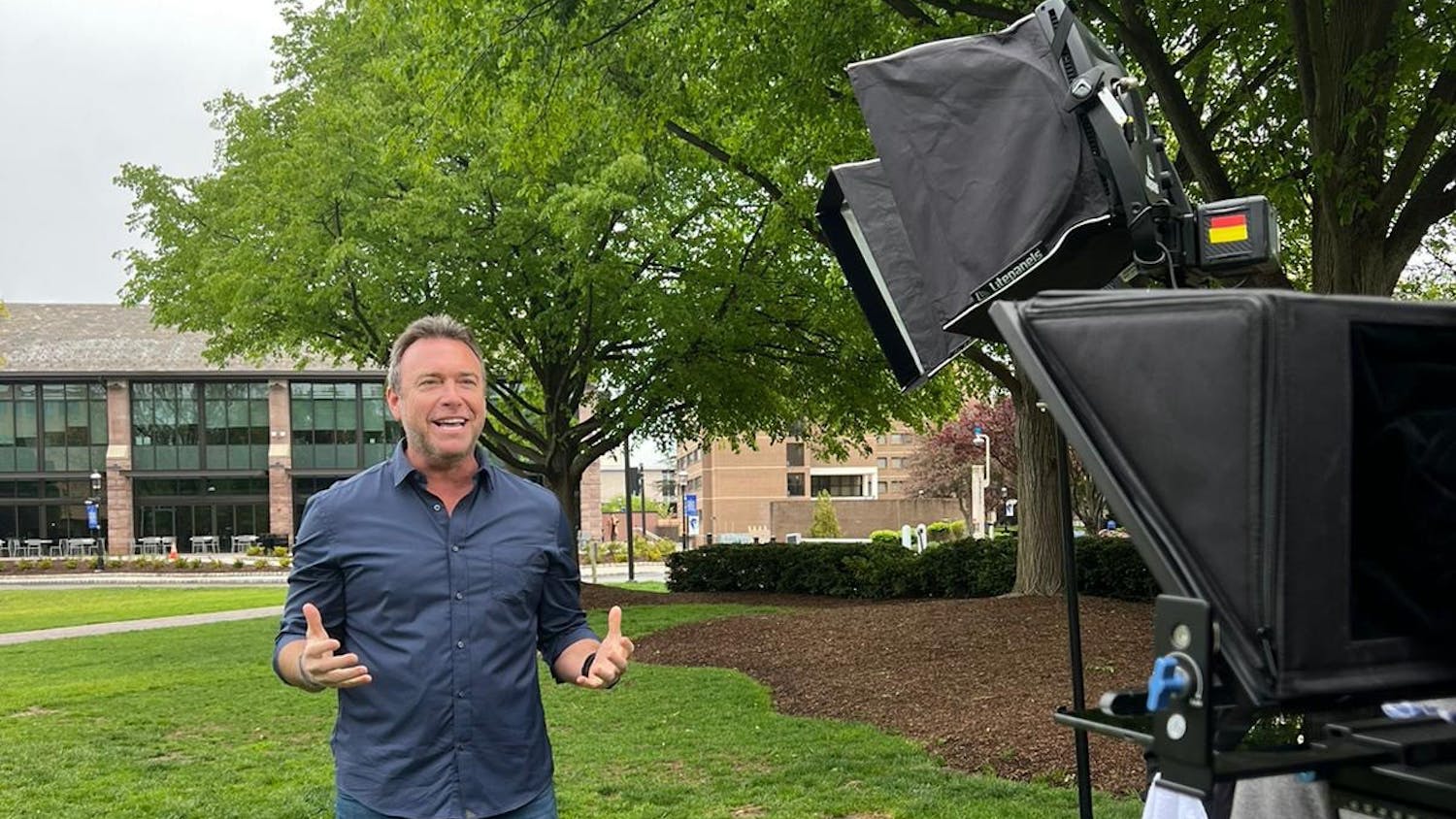The newest album from mainstream rockers Linkin Park has reached the headlines. The group's fourth full-length, "A Thousand Suns," for a whopping price of $99.99, comes with a custom-hinged box, two vinyl records, a CD digipack of the album, a DVD of the documentary Meeting of a Thousand Suns, and a hardcover art book.
With an exclusive look to the album's creation, Linkin Park evidently plans to immerse their fans in a "three-dimensional" album.
This approach at musical depth can be heard not only in the album's political messages but also in the experimental rhythms. The group forays into history, as figures such as Martin Luther King Jr. and J. Robert Oppenheimer make their way into songs.
Inspired by artists such as Public Enemy, Anthrax, and other hip-hop and rap artists, it is clear Linkin Park wants to make a bold statement about world issues.
The group experiments with unconventional, instrumental songs such as "Lockjaw," which speaks a political message tacitly. This shows that the album ventures beyond the typical confines of rock to focus on more philosophical and ethical issues.
Far from the oppressive, dark, and almost apocalyptic mood of works past, the extended experiments with chords, keyboard, and tech rhythms on "A Thousand Suns" once again make Linkin Park a household name. This album is not only gaining recognition in the United States, but, like their previous releases, is reaching worldwide audiences.
Yet, with a high praise comes a price. Although Linkin Park's innovative drive to push the boundaries of music is having an impact both socially and politically, the songs have lost track of their original roots. This difference does not necessarily mean their album will be less successful. However, straying far from their former albums provides uncertain expectations for fans.
In what way are their tracks as three-dimensional as other rappers and hip-hop artists? Where will their next inspiration come from? The best way to find the answers for these questions is to buy the album, which in this case, will not be disappointing.
Katia Diaz can be reached at katia.diaz@student.shu.edu.





